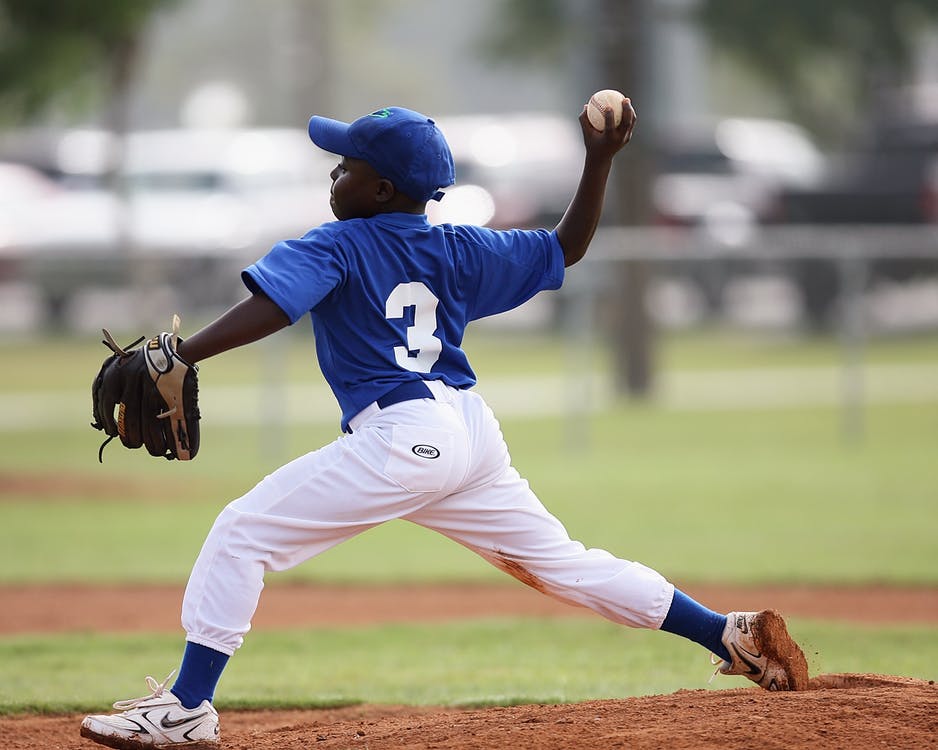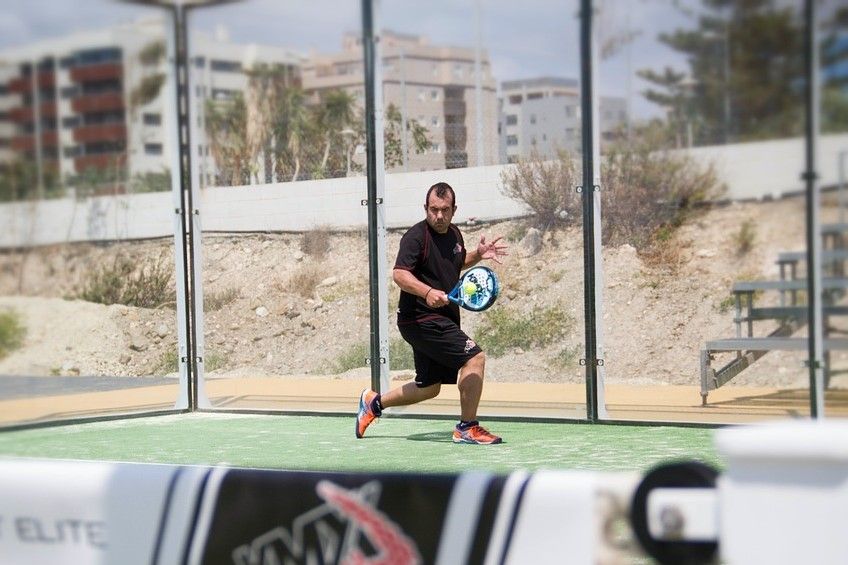During the summer months, baseball and softball are popular sports for all ages. From little league to college sports and MLB, athletes play baseball all summer long. However, your baseball plans end early when you suffer from an injury. Of course, there are occasional sprains and strains, but there are specifics injuries that you commonly see in baseball. In fact, these baseball injuries are seen in athletes at every age. Grown athletes and professionals are more susceptible to injury because of their age the frequency that they play. Young athletes and their parents should be aware and take caution before heading out to your next baseball practice or softball game. Softball and baseball players are vulnerable to these injuries at every age.
The Most Common Baseball and Softball Injuries
1. Meniscus Tear
The main elements of softball and baseball are catching, throwing, running and hitting. Each of these activities put stress on different parts of our bodies. For example, any time you are running, the knees are bending back and forth while supporting your body weight. Also, when hitting the ball, your knees are twisting from one direction to another. If you forget to stretch before your baseball game, your risk of a meniscus tear increases. The meniscus provides the knee bones with cushioning and support, but any kind of tear is painful to athletes. Small meniscus tears heal naturally while more serious injuries need sports medicine treatment.
2. Rotator Cuff Tear
A rotator cuff tear is common for softball and baseball pitchers. Even though pitchers have special rest days and more time between their games, the speed and power they use to throw the ball cause shoulder injuries. Overuse of the shoulder muscles and tendons is the main cause, to be exact. Shoulder pain for baseball or softball players may start as tendonitis. Eventually, if this joint pain and inflammation goes on without treatment, the tendons will tear. In most cases, tendonitis heals with rest, but a rotator cuff tear will need shoulder surgery.
3. Elbow Tendonitis (Tennis Elbow)
Another part of the body that suffers from tendonitis is the elbow. You may recognize this diagnosis as tennis elbow, even though it applies to other sports like baseball and softball. So, don’t think elbow problems are only for tennis players. Elbow tendonitis is a common injury in baseball too. Again, overuse is the cause of this joint pain. Extra stress on the elbow when hitting or pitching leads to elbow tendonitis, especially when the player is not getting enough rest after their games or practices.
4. Hand Injuries
Lastly, your hands are vulnerable to injury during softball and baseball games. When players are on defense and guarding the field, they are diving and doing anything they can to make their play. If a catch or landing goes wrong, players injure their hands, fingers and wrists. Hand injuries also occur when sliding into base. Harsh contact with the base can dislocate a finger or the wrist. It’s difficult for baseball players to avoid these injuries when sliding because they are sudden.
Treatment and Recovery for Baseball Players
Baseball players are vulnerable to meniscus tears, rotator cuff tears, elbow tendonitis and hand injuries at every age. Softball players are vulnerable to these sports-injuries as well. Prevent overuse by resting and giving your body time to relax. If you are a player, coach or family member, remind athletes to take caution before and after their games. Houston Physicians’ Hospital has a sports medicine department that treats athletes and sports injuries at every age. We also have an excellent physical therapy program for your rehabilitation and recovery. Contact Houston Physicians’ Hospital in Webster, Texas for more information about sports medicine or physical therapy.



